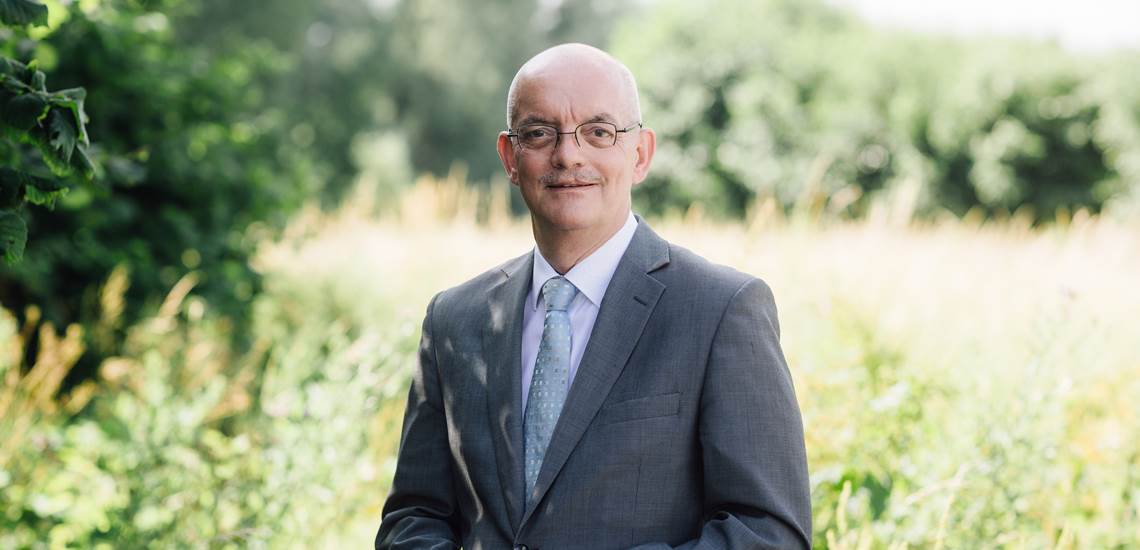Scientists agree: changes in global temperature have negative effects on food safety. As a feed sector, we must be prepared for this and be open to innovations and new ways of working.

Johan den Hartog
Managing Director, GMP+ International
A rising temperature. More drought. Increasing humidity. Extreme rainfall. Climate change creates conditions in which microorganisms thrive and foodborne diseases can spread more quickly.
For example, research shows that a 2 percent rise in temperature leads to a doubling of Aflatoxin B1 in maize (Battilani, P. et al. Aflatoxin B1 contamination in maize in Europe increases due to climate change, 2016). We already see this phenomenon in the more tropical areas. The movement of exotic species also poses a threat to human and animal health, according to the European Food Safety Organization EFSA.
The above scenarios not only lead to more contamination, but also to increased use of pesticides, which in turn can lead to a higher presence of residues in feed and food.
Add to this increasing internationalization and population growth and the potential problems are clear. Especially given that population and consumption growth in the coming decades will mainly take place in regions with less developed safety standards.
For the global feed sector, this means preparing for an uncertain and potentially less secure future. Maximum quality controls, gatekeeping procedures, temperature and moisture control during product storage and optimal ventilation are no more than a necessary start. Above all, we must be at the forefront of producing more (for a growing world population) with less (raw materials, emissions, waste). We are also open to innovations, such as novel feeds (insect proteins, microalgae).
There are no ready-made answers, but we cannot escape changes. In any case, let's make sure we're ready. I would also like to quote Berhe Tekola from FAO: “Let's tackle climate change before we are tackled by it ourselves.”